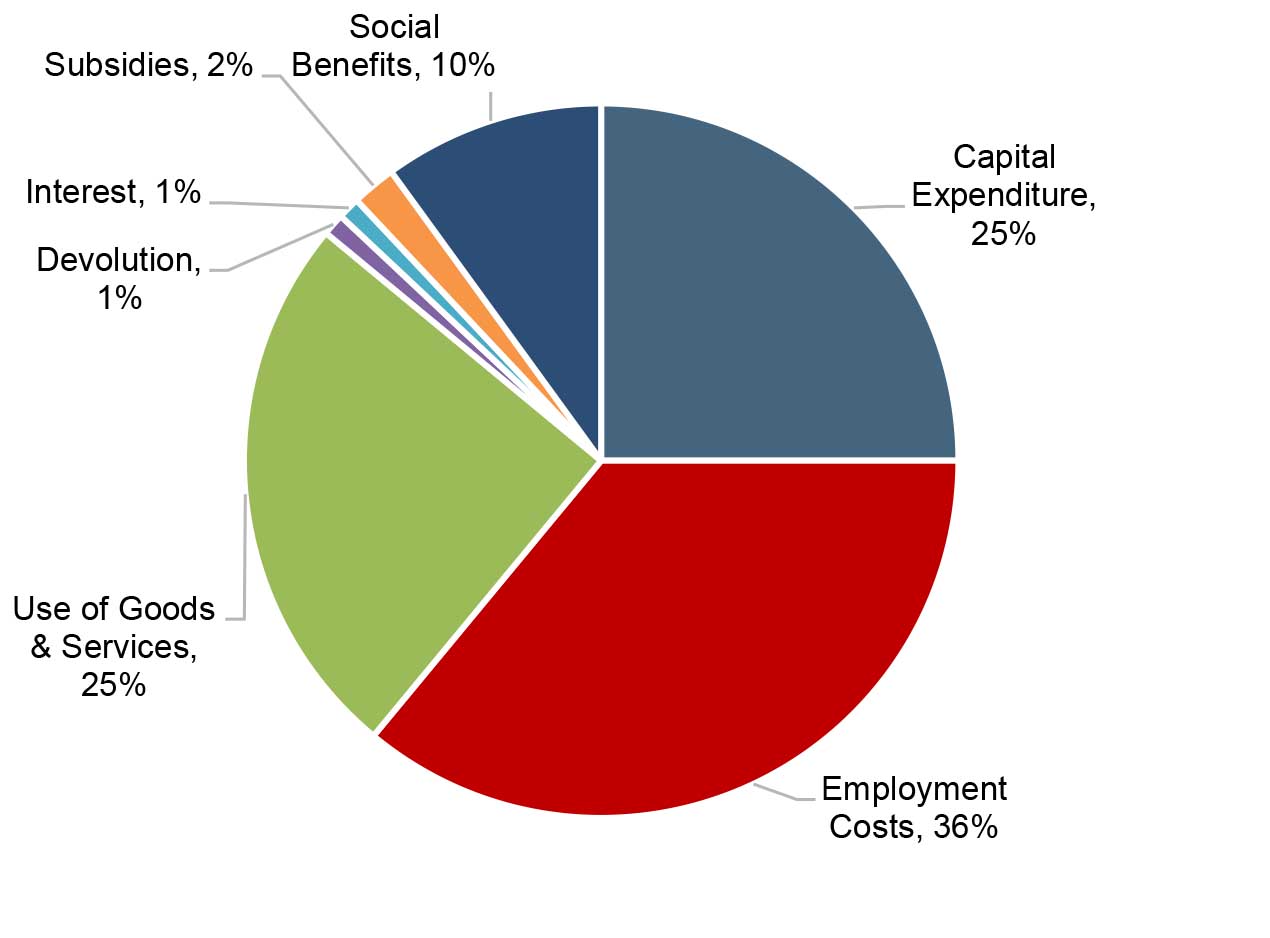
JULIA NDLELA THERE is a growing agitation over incapacitation complaints by employees across the public and private sector as workers demand increased wages in United States dollars.
The government on the other hand has been locked in vicious contestation with its employees over low salaries.
The private sector which has previously been silent has joined the bandwagon in demanding better working conditions.
Power utility Zesa workers are not happy with the remuneration and are threatening to strike.
“We are writing to your esteemed office to notify you that our members no longer have the capacity to report for duty as expected.
“It is no secret that their incapacitation has been caused by the unbearable economic conditions that they are faced with,” said Zimbabwe Energy Workers Union (ZEWU) secretary Martin Chikuni said in a letter addressed to Zesa executive chairman Sydney Gata.
The union said employees cannot report for duty as expected due to the harsh economic situation citing that Zesa was taking advantage of the employees’ patience.
Zwsa employees’ concerns come at a time when the country is facing power outages due to a number of faults on the national grid.
- Chamisa under fire over US$120K donation
- Mavhunga puts DeMbare into Chibuku quarterfinals
- Pension funds bet on Cabora Bassa oilfields
- Councils defy govt fire tender directive
Keep Reading
With fluctuating prices of basic commodities, fees, and insurance premiums the energy workers union is demanding an urgent salary review for employees to meet the high cost of living.
“How incapacitated Zesa employees are cannot be over emphasised. We call upon your esteemed office to intervene and effect an immediate improvement to the workers’ salaries so that they will be able to report for duty, meet their family responsibilities and continue powering the nation into the future,” Chikuni added.
The union implored Zesa to treat the matter with urgency, following recent stunts by the government to suspend incapacitated teachers for three months without pay.
Failure to meet the demands of workers has proven to cause much harm to the general public who are on the receiving end.
“It is clear that without a salary review, your employees remain incapacitated to fend for their families and will be left with no choice but to report for duty inconsistently until the matter is resolved,” the union warned.
Zimbabwe Congress of Trade Unions (ZCTU) secretary general Japhet Moyo said incapacitation of workers is the symptom of wages and salaries that are inadequate and failing to sustain the day-to-day needs of all employees.
The country is gripped with a situation where most employees are battling incapacitation that has been further worsened by local currency wages.
“This issue being raised by various sectors points to a bigger economic challenge that is not performing to optimum levels.”
The banking sector has also been singing the same tune demanding an improvement of their welfare.
Zimbabwe Banks and Allied Workers’ Union (Zibawu) general secretary Peter Mutasa said incapacitation is a social, political and economic crisis caused by state failure.
The bank employees have since been demanding USD salaries as the cost of living has become unbearable.
“We are in a vicious cycle characterised by low salaries, low demand, low investment or savings and low productivity and unless all these issues are comprehensively addressed soon, all workers are going to stop reporting for duty,” Mutasa said.
Teachers in Zimbabwe have been on strike demanding restoration of their pre-October 2018 salaries of about USD540.










